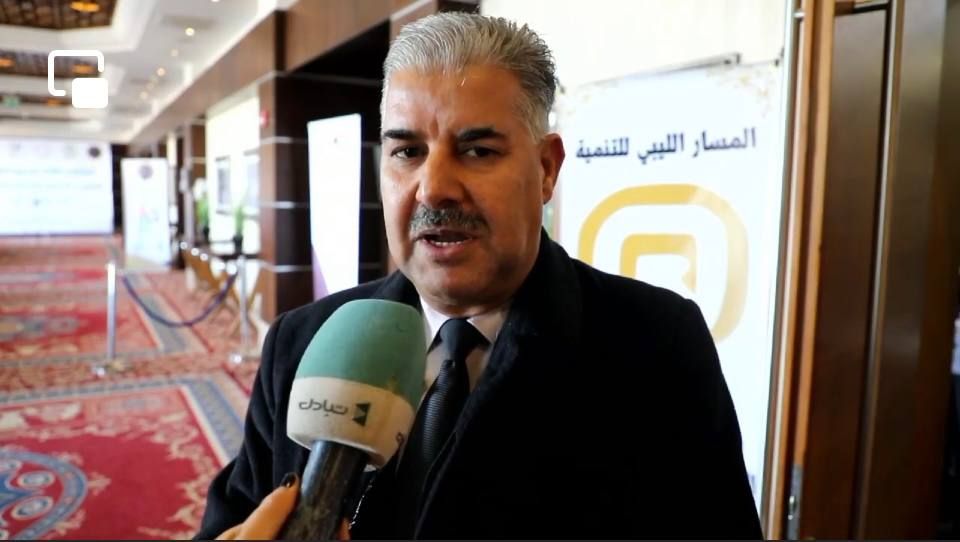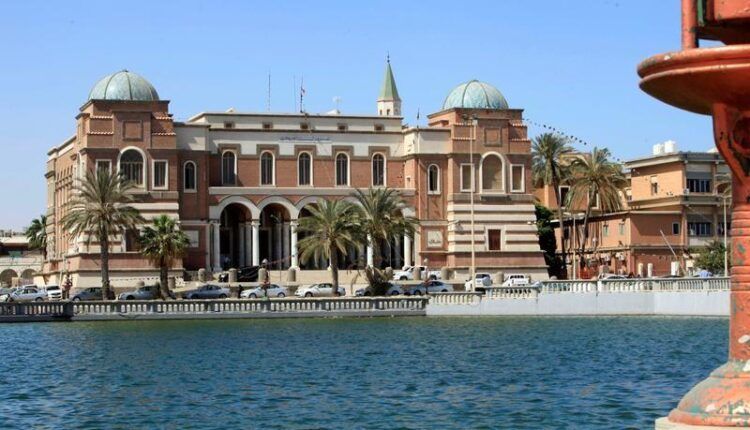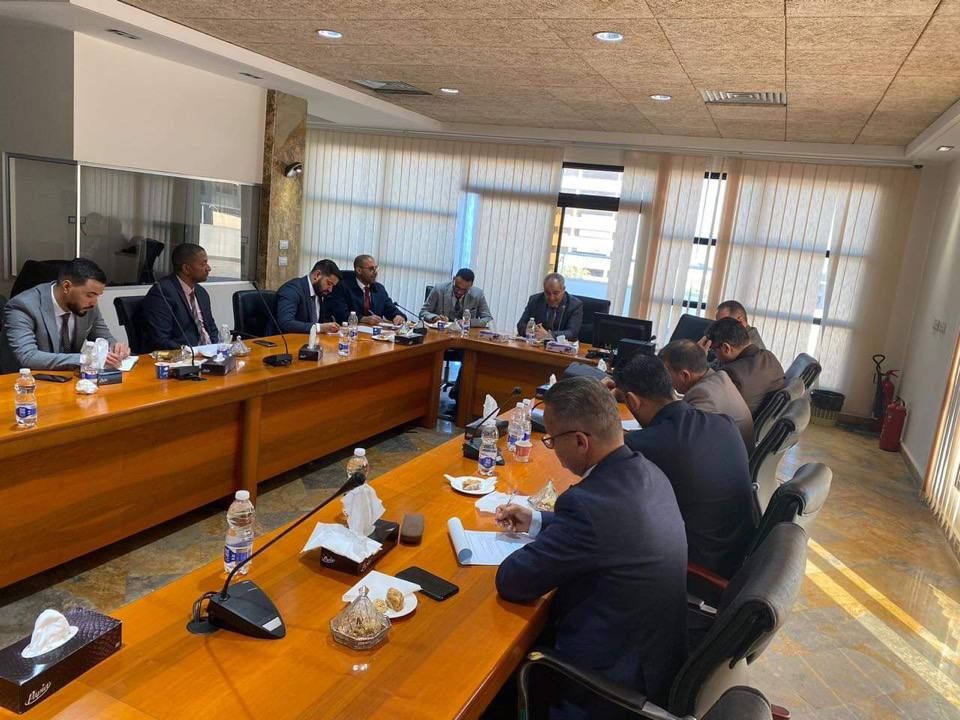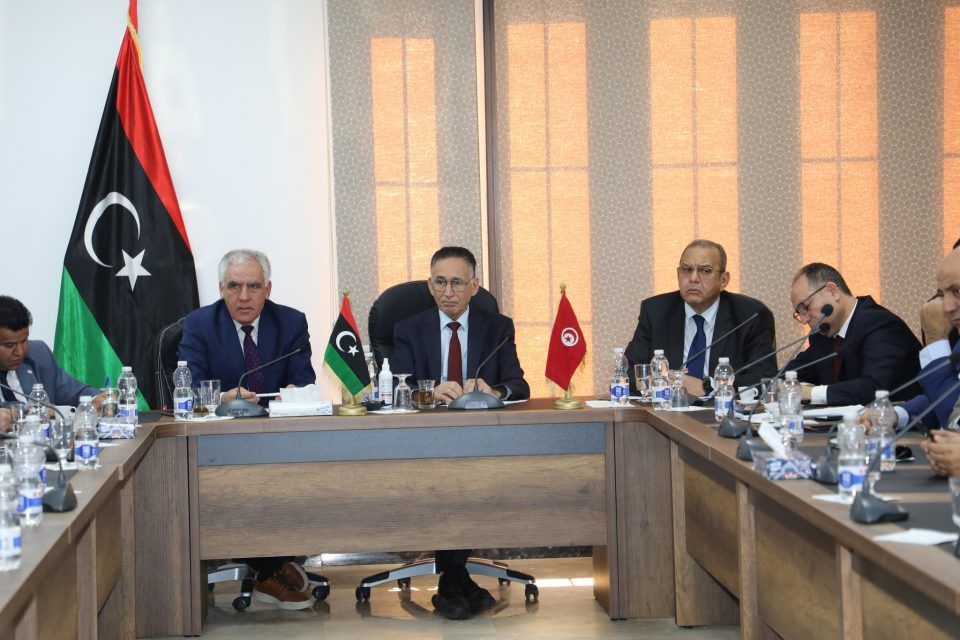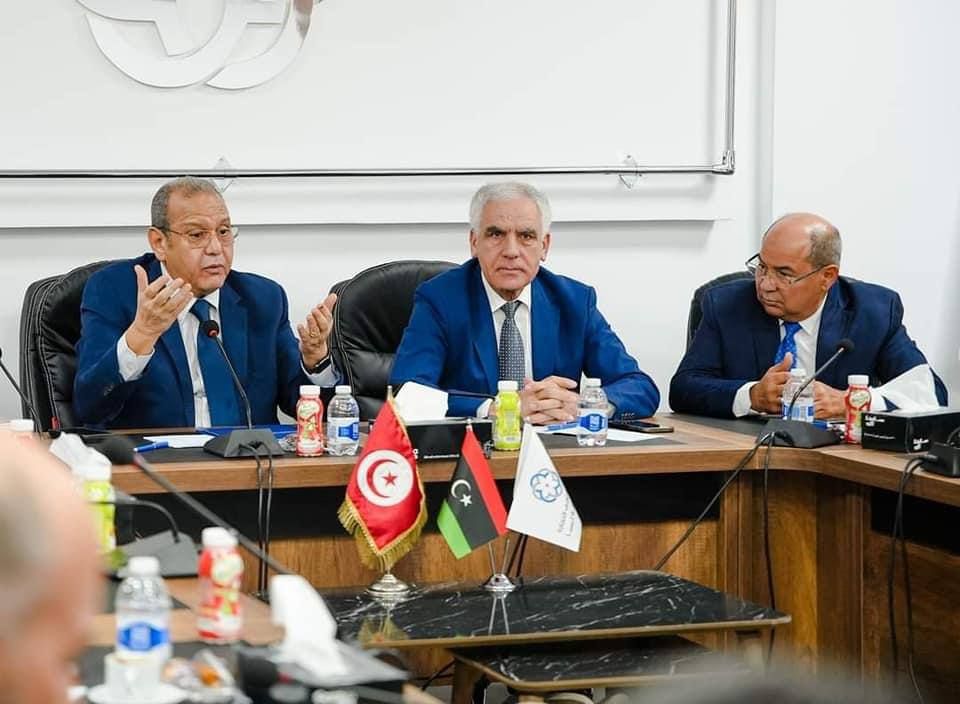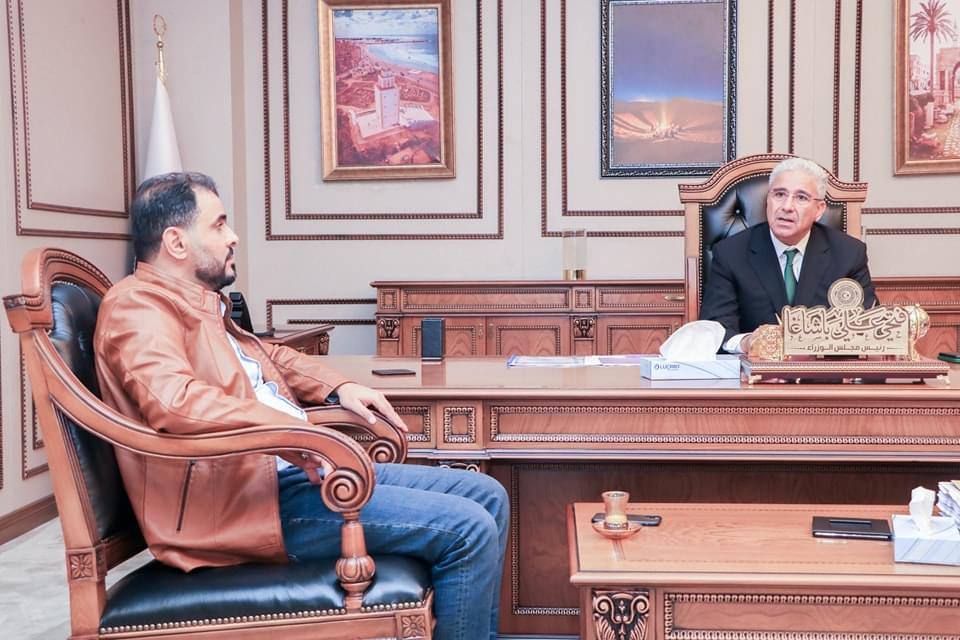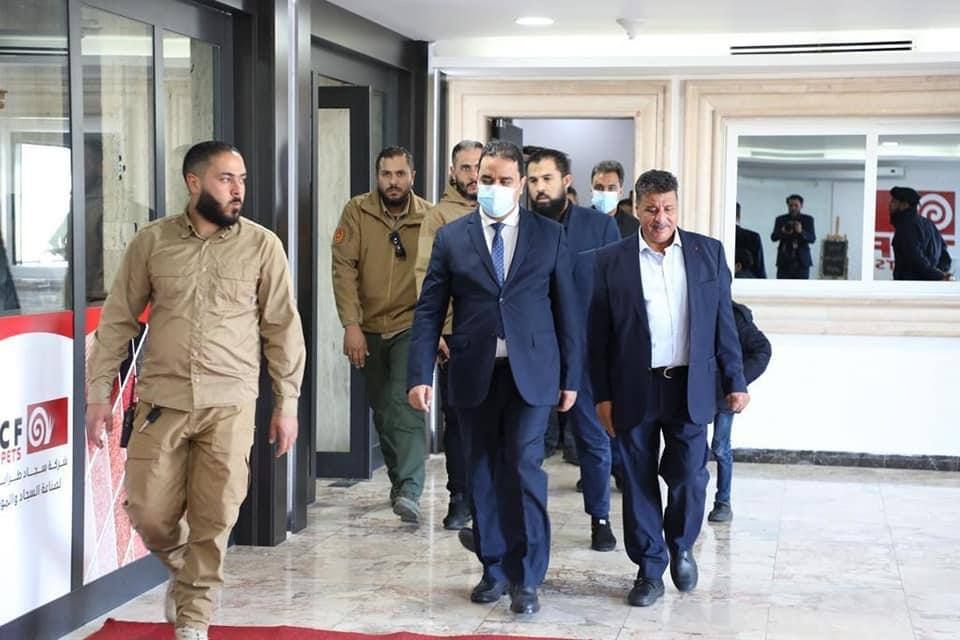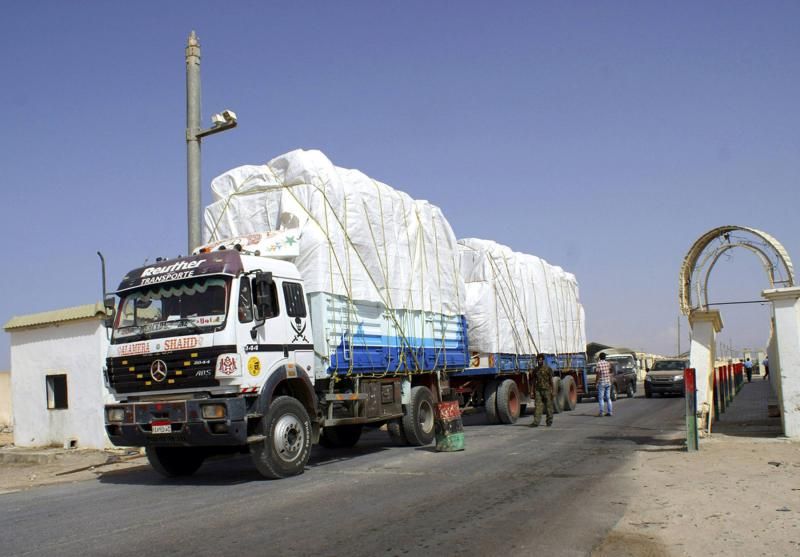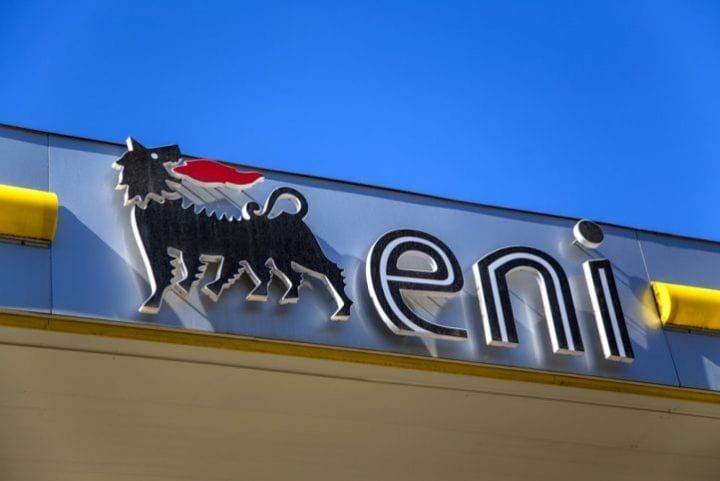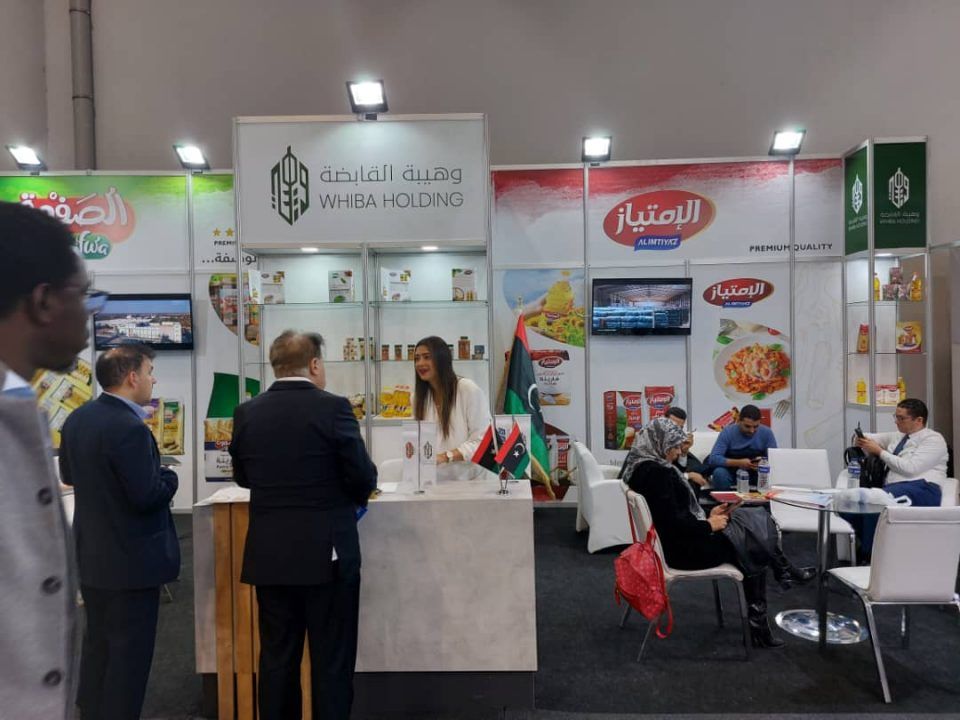Today, Thursday, the Ministry of Oil and Gas of the Government of National Unity revealed, in a statement, its position on the proposal submitted by the National Oil Corporation to amend the agreement concluded with Eni North Africa, the “Exploration and Production Sharing Agreement” for the Area “D” contract, in which it clarified that this agreement was concluded and became Effective in 2008, according to which the Libyan state’s share will be 60% and the partner’s share will be 40% for a period of ten years from the date of approval of the development plan that includes the LNG project.
During its statement, the ministry stressed the need not to prejudice the existing oil agreements, as they are agreements approved by the highest executive authority in Libya, and therefore entering into negotiations on amending or changing them is only after taking a number of steps and procedures, including the start of the National Oil Corporation by clarifying the partner’s requests for amendment and its justifications. It is accompanied by the opinion of the institution after it has conducted all the necessary procedures regarding it, and in the event that the institution obtains approval to conduct the negotiation, it shall undertake the negotiation procedures and present the results it has reached.
The Ministry of Oil indicated that the work does not exceed 40% for a period of twelve years from the date of entry into force of the agreement, as the share of the partner is reduced to 30%, and this is what the current status of the agreement should be after the passage of the stipulated period of time, and thus the current share of the partner is 30 %, which means that there is an actual increase in the share determined for the partner and there is no reduction in this share and that this increase may reach 8% over the share determined in the agreement to become 38% instead of 30%.
The Ministry of Oil clarified that what was reported regarding separating the prescribed percentage as a share of production from the recovery of capital costs does not agree, stressing that what was presented is an adjustment to production shares and not a recovery of capital costs, and that from the Ministry’s point of view, the share of 30% is a sufficient share and achieves profitability for to the partner.
The Ministry of Oil added that the full estimated cost of the exploration and production sharing project, which is estimated at about 27.960 billion Libyan dinars, according to what is presented in the National Oil Corporation’s plan for the development program 2023-2025, which is equivalent to 5.592 billion dollars, and this amount is considered a development work and will be shared. 50% equally between the National Oil Corporation and its partner.
The National Oil Corporation advanced regarding the amendment of the agreement is its estimate of the possibility of increasing the estimated cost of the project to more than 8 billion dollars, without an explanation or statement of the reasons that created this large difference in the estimated cost of the project, and it is important to know the cost for considerations related to the preparation of budgets and what will fall on the Libyan state in terms of Financial burdens to meet the cost of 50% of the cost of the project, i.e. 4 billion dollars, which will be borne by the Libyan state.
